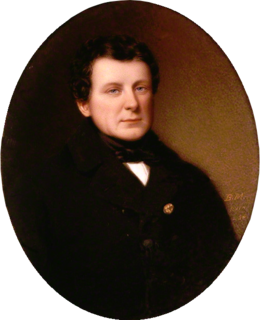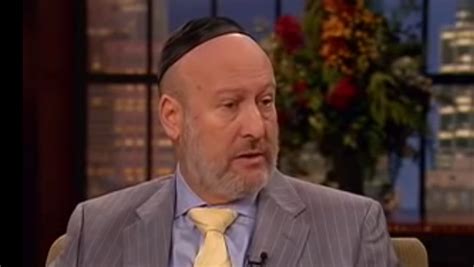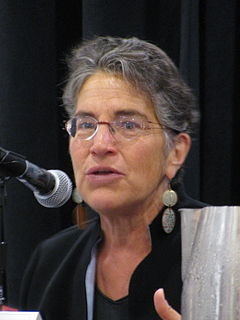A Quote by Gina Miller
As a country we have more of a political constitution than a legal one, and as such it operates via conventions and precedents.
Quote Topics
Related Quotes
The principle of my political life ... is that all amelioration and improvements in political institutions can be obtained by persevering in a perfectly peaceable and legal course, and cannot be obtained by forcible means, or if they could be got by forcible means, such means create more evils than they cure, and leave the country worse than they found it.
I think frustration unfortunately, reflects a real breakdown in the political parties themselves, which is fascinating because our constitution did not anticipate political parties. They're not even written in the Constitution, there's no guidelines. When we look at the arcane processes of delegate selection in the primaries and caucuses, it's not in the Constitution. This is all created post Constitution. And yet I think we're in the middle of tensions between and within the political parties. They're not functioning that well.






































